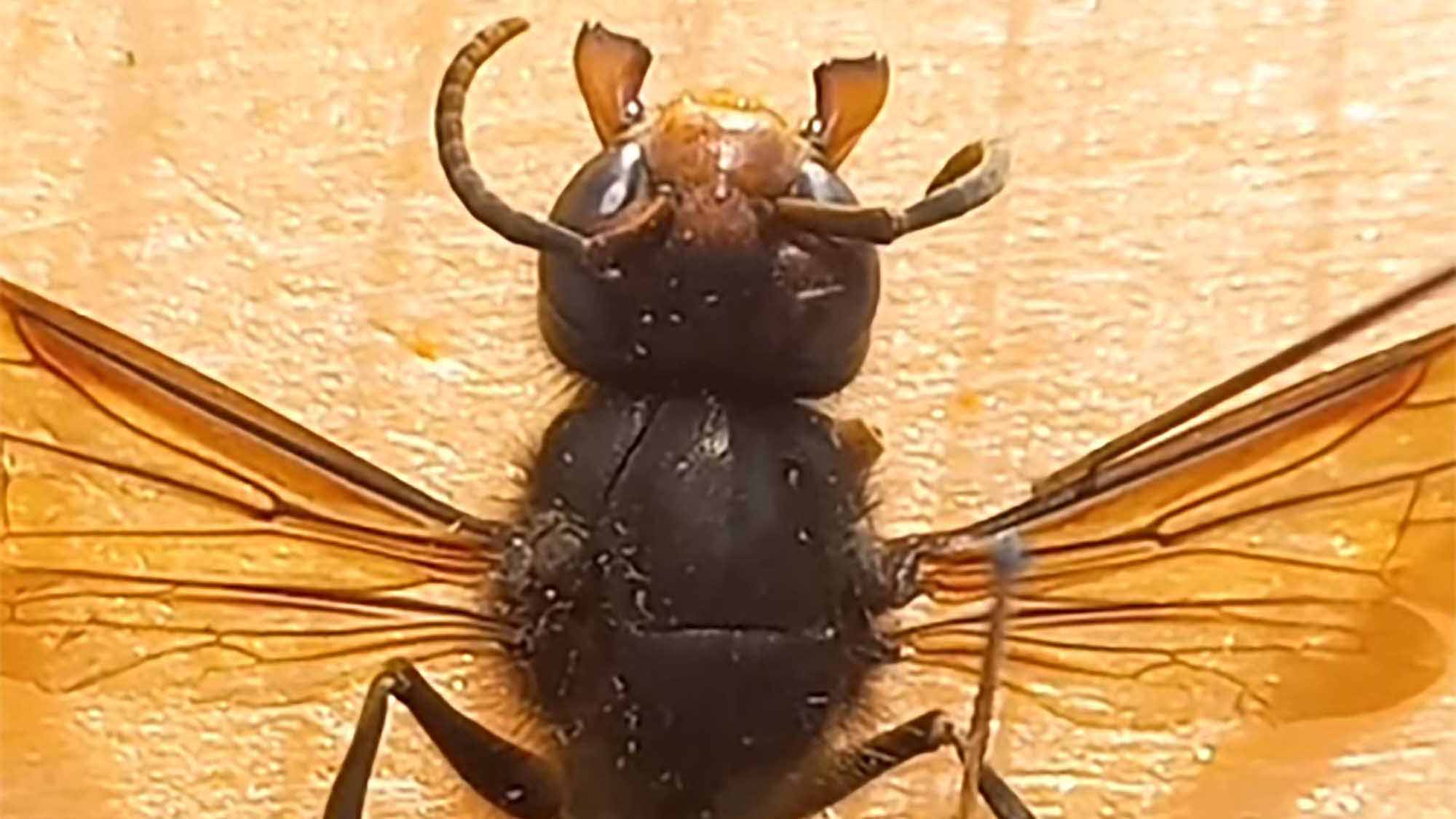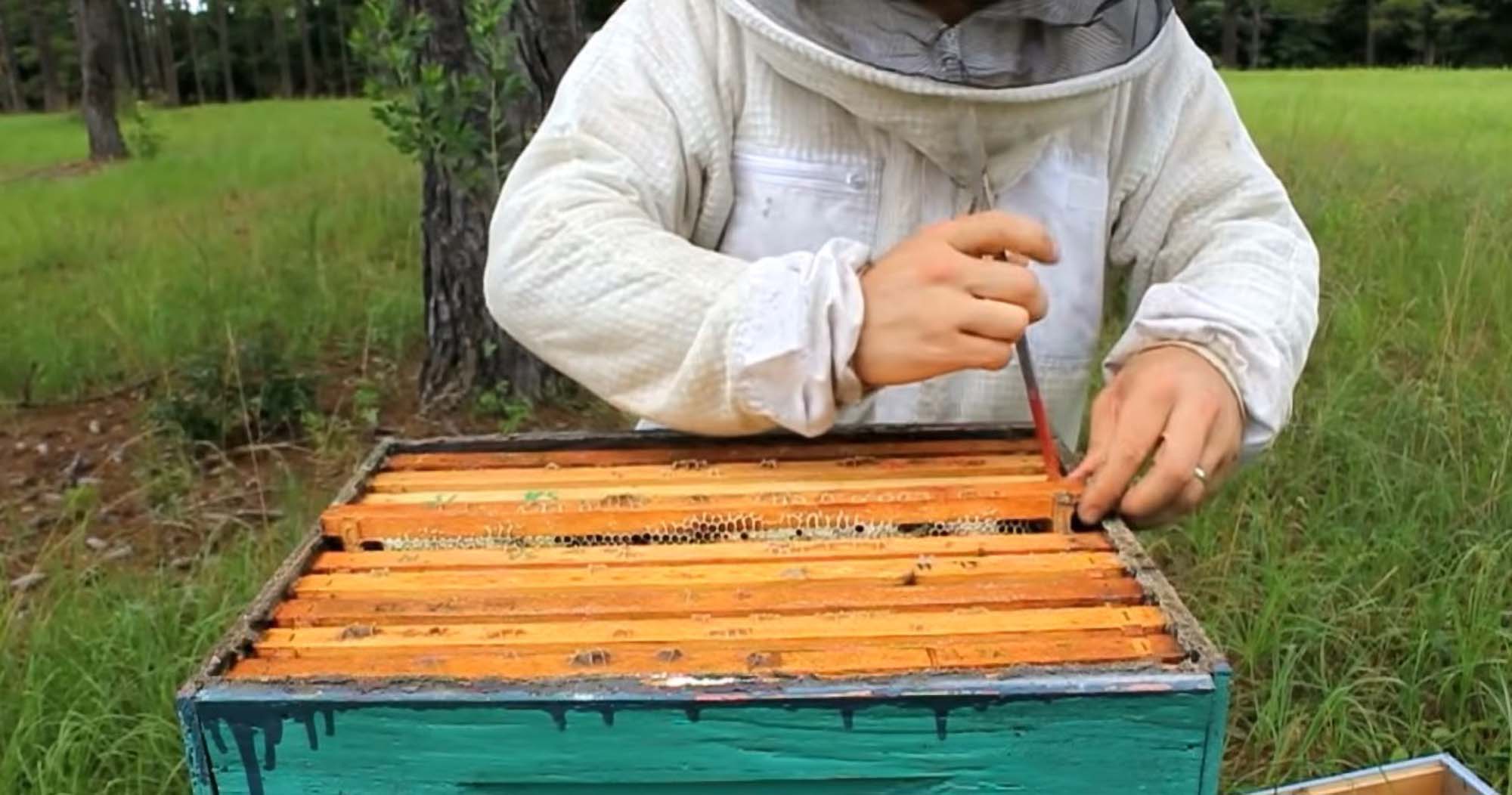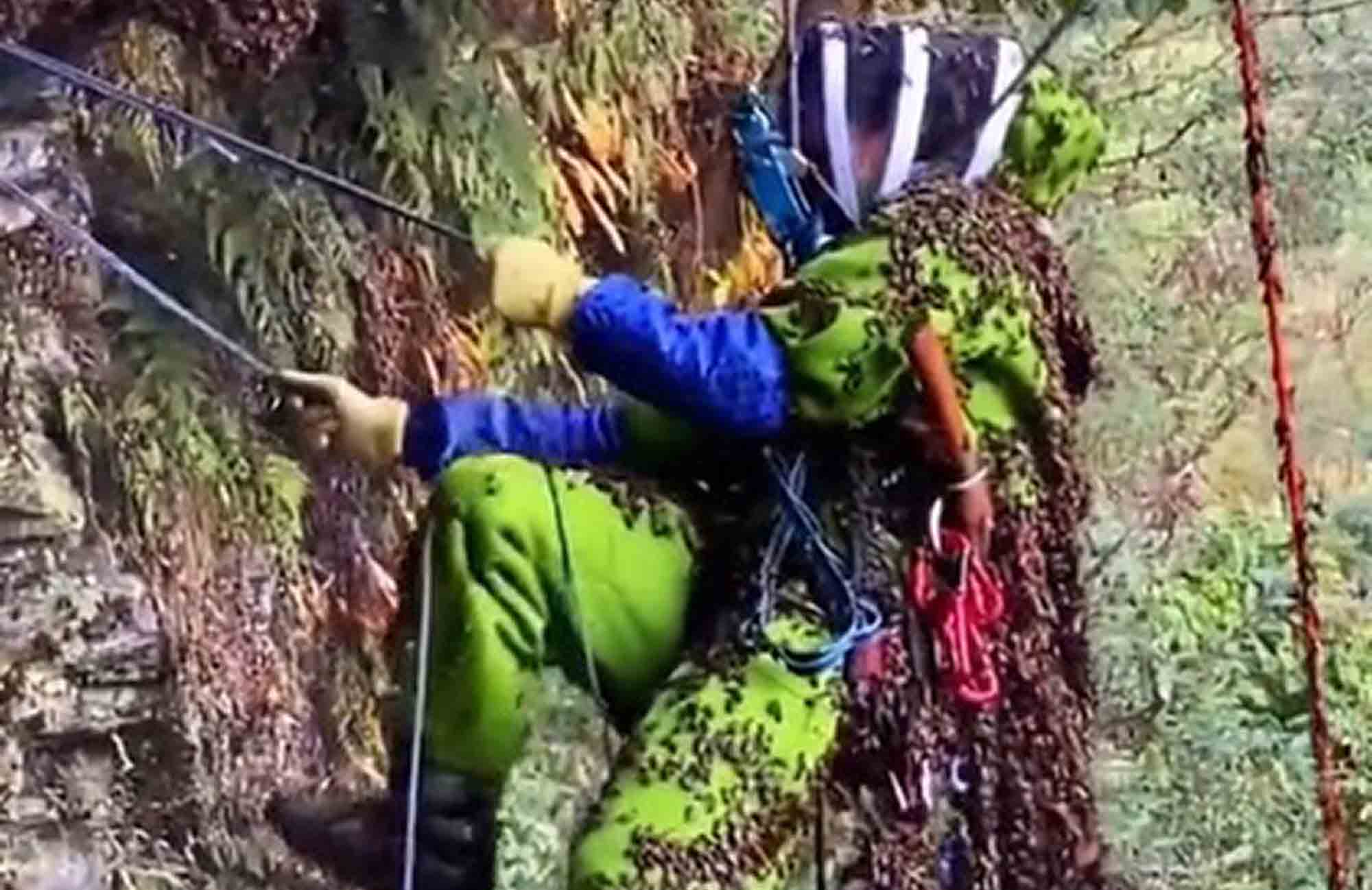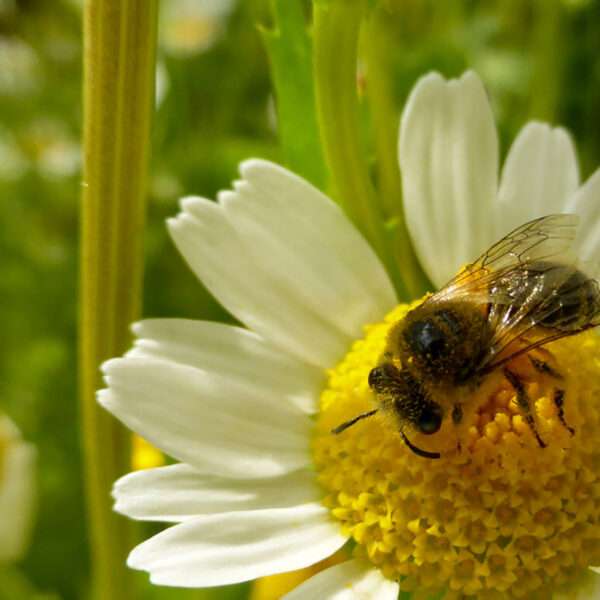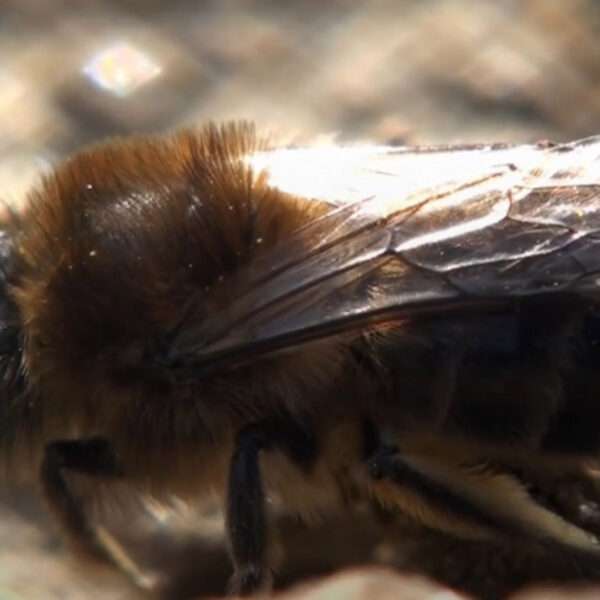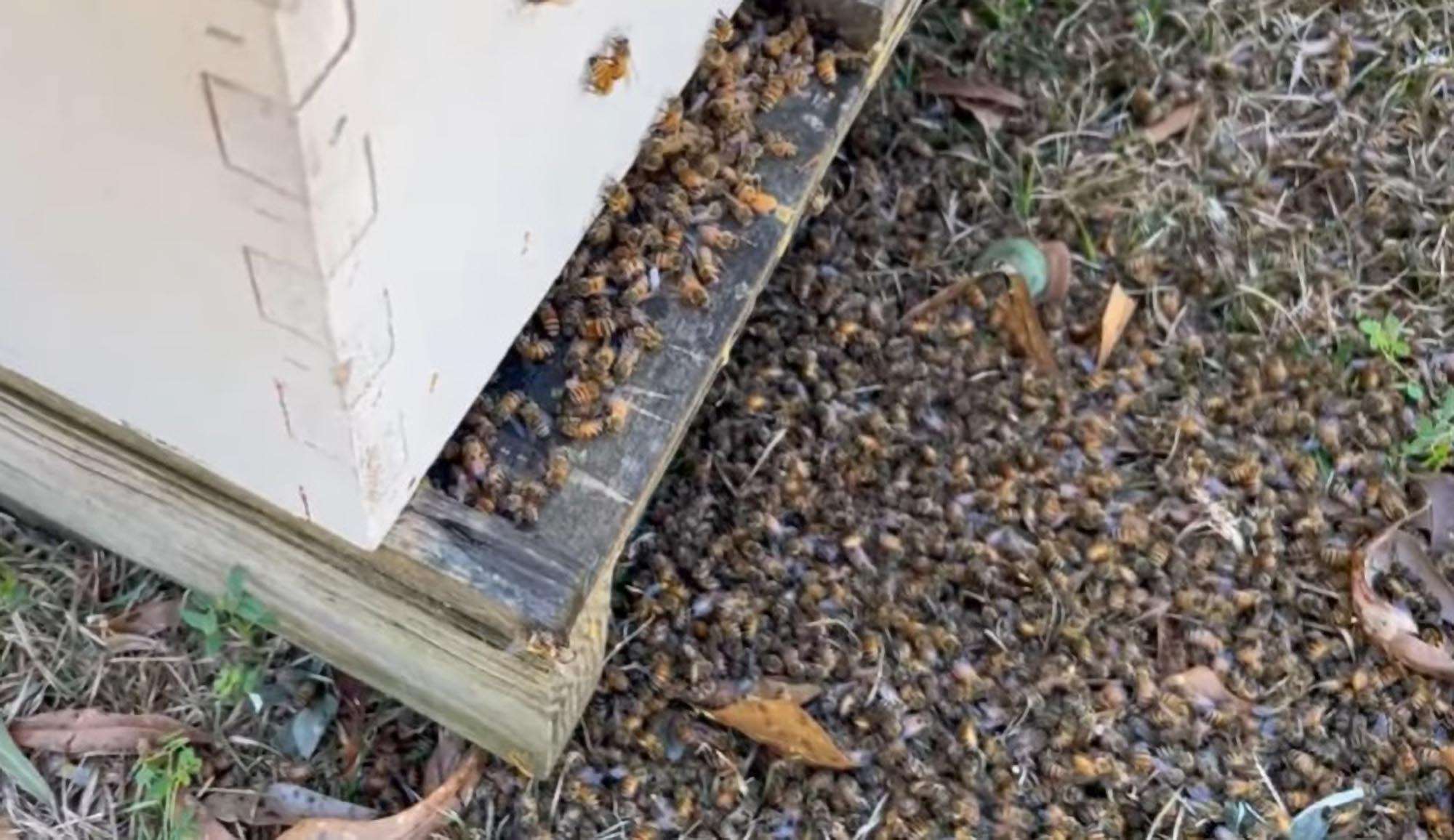A German expert on invasive insect species has given fascinating insights into local authorities’ attempts to eradicate Asian hornet colonies.
Benjamin Waldmann from the environment ministry of Baden-Wuerttemberg said that 15 Asian hornet (Vespa velutina) nests had been discovered all over the region in southwestern Germany last year.
Speaking to the Bild newspaper, he emphasised that the actual number of colonies is expected to be much higher.
Benjamin said that high treetops are the invasive species’ preferred nesting spots. The insect – which was first spotted in Europe 19 years ago – is indigenous to Southeast Asia.
Asian hornets are considered a significant threat to balanced ecosystems due to their capability of killing and eating whole honeybee colonies.
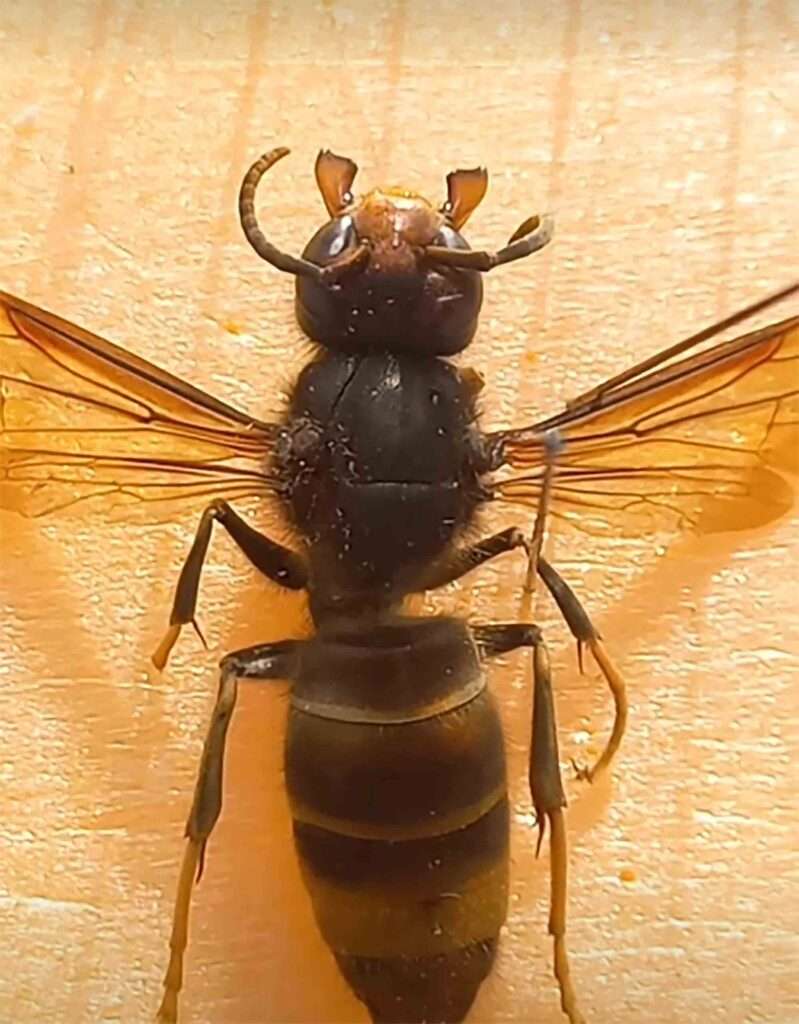
Due to the necessity to ask firefighters for support, removing one of their nests can cost up to EUR 3,000 (GBP 2,660), Benjamin explained.
Firemen usually approach the nests on a ladder. They seal its entry holes with foam before blast-freezing the whole nest to kill the colony.
He also revealed that the local government recently started to assign experts to catch Asian hornets and equip them with tiny tracking devices.
Benjamin told Bild: “The idea is that the animal discloses the nesting spot of its colony.”
The ministry official admitted that the signal might get lost in urban areas. Two Asian hornet nests – which have the size of a medicine ball – have so far been discovered this way, he added.
Asian hornet queens measure approximately 30 millimetres while their colonies’ workers reach a body length of around 20 millimetres.
A siege by Asian hornets can lead to a reduction of honey stocks and colony figures before the aggressive species eventually invades the hive to kill its inhabitants.
Dr Kristin Krewenka – who heads the Association of Beekeepers in the Baden Area – assumes that its proliferation was spurred by last summer’s high temperatures.
Dr Krewenka told Bild: “We are profoundly concerned.”

